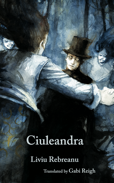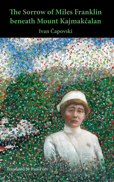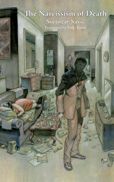Written in the interwar period and published in 1927, this psychological thriller has captured the imagination of Romanian readers ever since. The book begins with a murder, as Puiu, a young aristocrat, strangles his wife on the night of the royal ball. To avoid a public trial and prison sentence, his father arranges to have him committed to a mental asylum.
Continue reading






